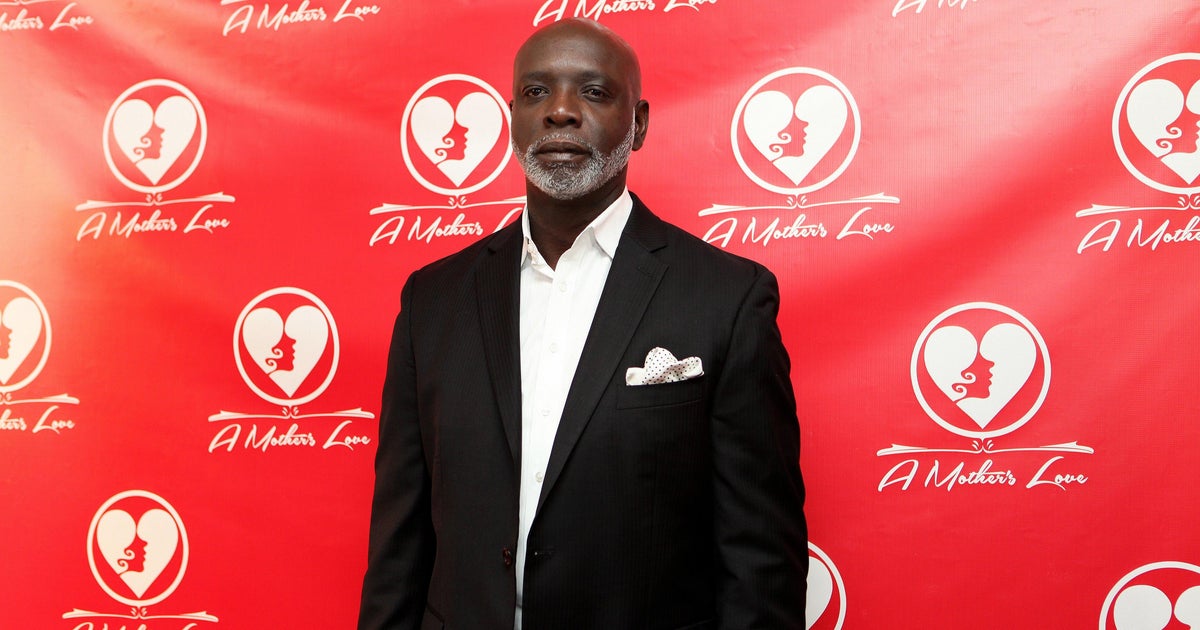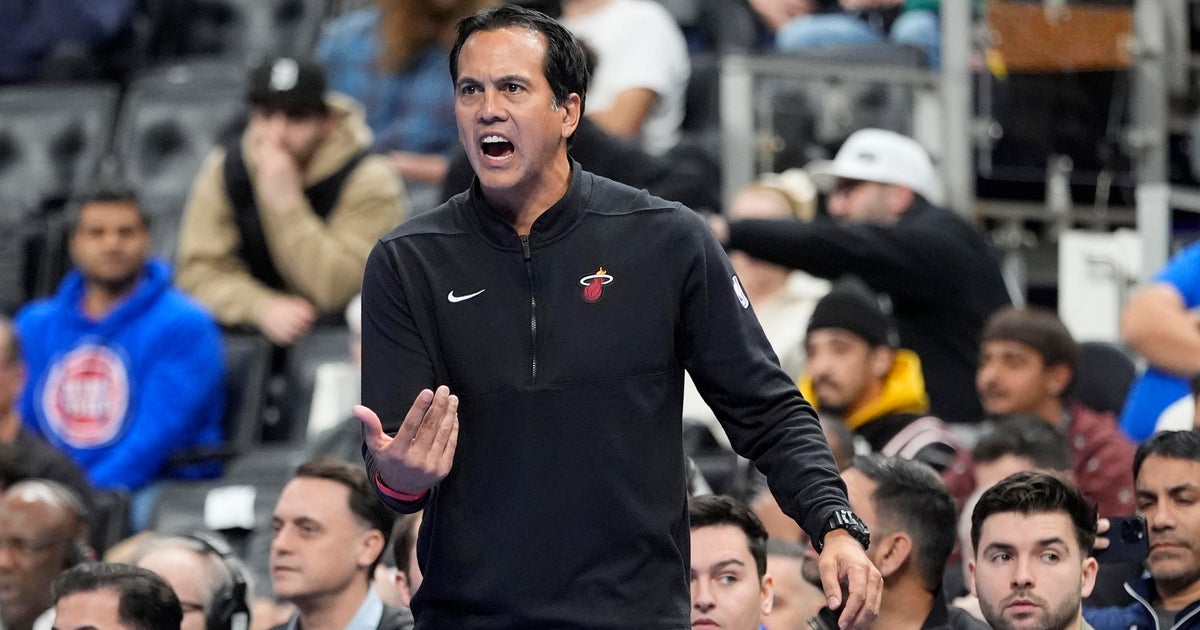Revered by Hemingway and visited by popes, why Cuba's small patron saint is such a huge symbol
One religious icon unites Cubans: The Virgin of Charity of Cobre.
Cuba's patron saint is venerated by observant Catholics and followers of Afro-Cuban Santeria traditions as well as Cubans in exile and back on the island. The wooden statue of the Virgin Mary is kept at the Basilica of Our Lady of Charity of El Cobre nestled in the shadow of the lush Sierra Maestra mountains. An identical replica is worshipped by Cuban-Americans at the National Shrine of Our Lady of Charity in Miami.
Here's a look at the Virgin of the Charity of Cobre.
It stands just over a foot (35 centimeters) tall. But the small wooden statue at a shrine in eastern Cuba is among the most venerated Catholic icons.
Michelle Maldonado, a theology and religious studies professor at the University of Scranton in Pennsylvania, says the virgin is not only a religious symbol, but also a national symbol of Cubanness.
Maldonado's grandmother took a statue of the virgin as one of her only possessions when she left Cuba for Miami. The statue was passed down for generations; it's now on an altar in Maldonado's home.
All over the place. "Cachita," as she's known affectionately by many Cubans, is revered in makeshift home altars, popular songs and street murals. Also in tattoos, paintings and cartoons.
The 400-year-old story of the Virgin of Cobre begins with two Indigenous brothers, Juan and Rodrigo de Hoyos, and an enslaved African boy named Juan Moreno. They left the settlement of Cobre, Spanish for "copper," near the eastern city of Santiago de Cuba and set sail on a boat in search of salt.
On their journey, they are said to have found a statue of the Virgin Mary atop a wooden board floating in the Bay of Nipe. They were surprised to see that the statue's garments were dry, according to " Cuba: An American History," by Ada Ferrer. In her arms, she carried a smaller figure of the baby Jesus.
The board was inscribed with the words: "I am the Virgin of Charity."
During Cuba's struggles for independence from Spain in the 19th century, injured soldiers would ask the virgin to be healed and would sew her image on their uniforms.
In the early 20th century, war veterans petitioned the Vatican to name her Cuba's patron saint. Pope Benedict XV granted the request.
Over the centuries, Cubans of many faiths — including the Afro-Cuban Santeria religion — have prayed to the virgin, drawn to the role of Juan Moreno in the discovery story. Santeria believers call the statue "Ochun," the goddess of female sensuality and maternity. Worshippers often wear yellow, a color associated with Ochun, and leave offerings of sunflowers.
As the virgin's legend grew, so did the chapel that housed the statue. Today, it is an ivory-colored basilica with soaring red domes in the small community of Cobre just outside the eastern city of Santiago.
Thousands arrive each year to her shrine, some 500 miles east of Havana. They seek blessings, healings or bring offerings.
Baseball players and Olympic champions have left their colorful jerseys and shiny medals. The offerings are displayed in glass cases in an aisle of the church.
Dozens of crutches that once belonged to recovered patients also hang from a church wall above a table filled with offerings that include stethoscopes, college diplomas and military insignias.
Ernest Hemingway requested that his 1954 Nobel Prize be placed at the statue's feet as a gesture of thanks to Cuban people for inspiring works like, "The Old Man and the Sea." A replica of the prize hangs from one of the church's walls.
In the novel, the main character keeps a picture of the virgin in his home. The Cuban fisherman Santiago says in the book that even though he's not religious, he promises that he'll make a pilgrimage to the virgin if he catches the fish.
The mother of Fidel and Raul Castro visited the church and left behind a small golden guerrilla fighter in the 1950s as her sons battled the government of dictator Fulgencio Batista before the revolution.
Yes. Pope John Paul II visited the shrine in 1998 and placed a golden crown on the statue's head. Pope Benedict XVI made the trek in 2012 to honor the quadricentennial of the appearance of the relic. In his 2015 visit to the island, Pope Francis prayed to Cuba's patron saint.
Cuban American exiles have long worshipped the Virgin of Charity at a church south of downtown Miami. The church honoring the island's patroness remains a powerful symbol of unity despite decades-old political divisions among Cubans.
__
Associated Press writer Andrea Rodriguez in Havana, Cuba contributed to this report.
__
Associated Press religion coverage receives support through the AP's collaboration with The Conversation US, with funding from Lilly Endowment Inc. The AP is solely responsible for this content.





